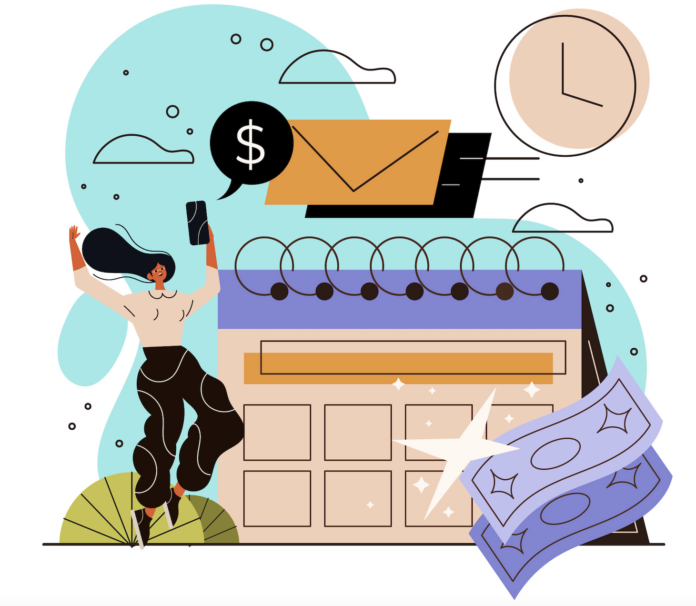
Consumers are driving the rise of the subscription economy by prioritizing access and experiences over ownership:
People still want to have things, but they aren’t so concerned about owning them, per se. As Vala Ashfar of ZDNet puts it, “People aren’t as interested in filling their homes with physical goods anymore. They don’t want to deal with upfront costs, the hassles of maintenance, and the frustration of obsolescence. Why buy and own something if there is an easier way to get the same or even better outcome?”
This changing viewpoint has come about in part thanks to what is termed the “subscription economy.”
Perhaps the prime example is music. Just a few years ago, people had to purchase CDs at a cost of $15 to $20 each if they wanted to enjoy their favorite band’s new offering. Today, for a subscription price of about $10 per month, they can enjoy unlimited music from unlimited groups through services such as Spotify and Pandora. True, they do not own anything—but what difference does it make when they can listen to the music they love anytime, anywhere, at the push of a button?
What is driving the rise of the subscription economy? According to ZDNet, a recent survey of 13,000 people around the world revealed that 5 main factors are influencing the world’s changing economic reality.
1. More than half of the people surveyed wished that they could own less stuff. Almost 6 out of 10 people (57 percent) said they didn’t want to own things—and advancements in technology and subscription services now make it possible for them to do without.

2. A person’s status is no longer defined by what they own. Owning expensive goods used to be considered a status symbol. But today, that is no longer the case. “Experiences are the new status symbols,” says ZDNet. As a result, consumers are gravitating toward flexible services that offer better value and experiences along with fewer hassles.
3. Subscriptions remove the burden of ownership. Today, people can subscribe to everything from food and health care to camping gear and movie tickets. They free themselves from maintenance and upkeep on all of these things. Why hassle with ownership when you can just use things whenever and however you need them?
4. In the future, people will subscribe to more services. More and more industries around the world are adopting subscription business models, and people are ready for them. Internationally, 74 percent of adults believe that subscription models are the wave of the future.
5. The number of subscription users is growing rapidly. Today, more than 70 percent of adults use at least 1 subscription service. 5 years ago, the figure was around 50 percent. As the subscription economy grows worldwide, so does its customer base. (“The Subscription Economy and the End of Ownership,” 2023, paras. 2, 3, 6-11)
This article presented a strong stance against ownership, believing consumers are no longer concerned with owning something if there is an easier way that’ll produce the same outcome. This greatly differed from a consumer’s perspective I read, but I did find the example with music to be compelling. Though music subscription services are convenient, from my personal experience, people have been buying records and CDs more as of recently to have the physical product. This contrasts the article’s idea towards the end of ownership, and lands more into a pool of overconsumption.
There are also some musicians who hold exclusive content on CDs and records. In the same way that people need to buy multiple streaming services to watch different shows they’re interested in, we no longer have the convenience of accessing all the same content we were promised with one recurring payment. It then becomes two, then three, and so on of different services with the same function.
What’s interesting to note is the article says people are ready for more subscription services. I would argue they just expect them, as their data to back it was not the percentage of adults wanting more subscriptions, but those who thought subscriptions were the wave of the future. You can believe subscription services are the future and still not feel ready for them, even in their current state.
The article ends with citing that nearly 3/4 of adults use at least one subscription, which is further proof why I believe the subscription economy parallels banking, in terms of their widespread reach and financial impact on everyday life.
References
The Subscription Economy and the End of Ownership. Washington State University Carson College of Business. (2023). https://onlinemba.wsu.edu/blog/the-subscription-economy-and-the-end-of-ownership
Afshar, V. (2019, July 22). 5 trends driving end of ownership and growth of subscription economy. ZDNet. https://www.zdnet.com/article/5-trends-driving-the-end-of-ownership-and-the-growth-of-the-subscription-economy/



